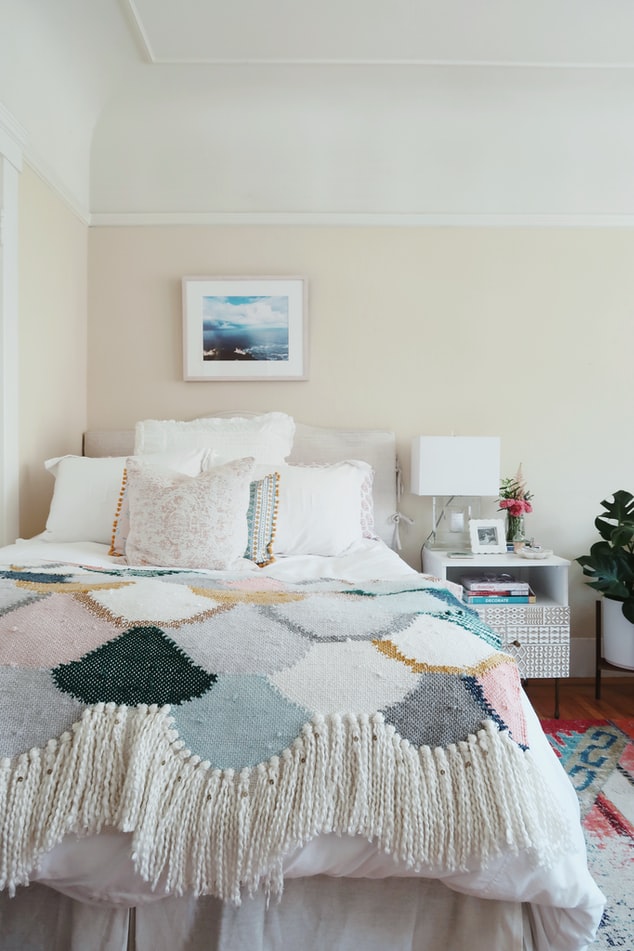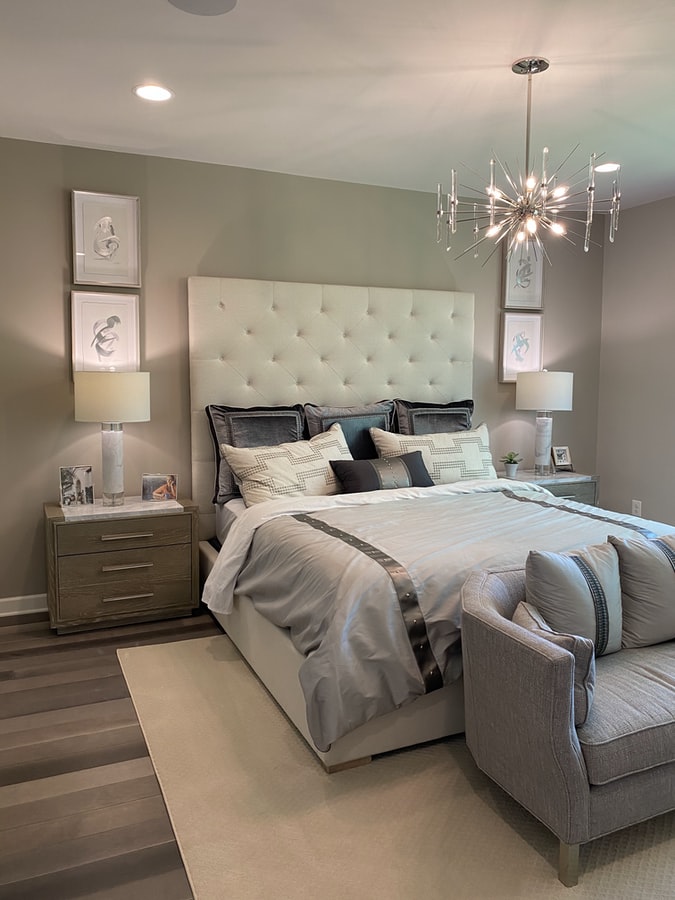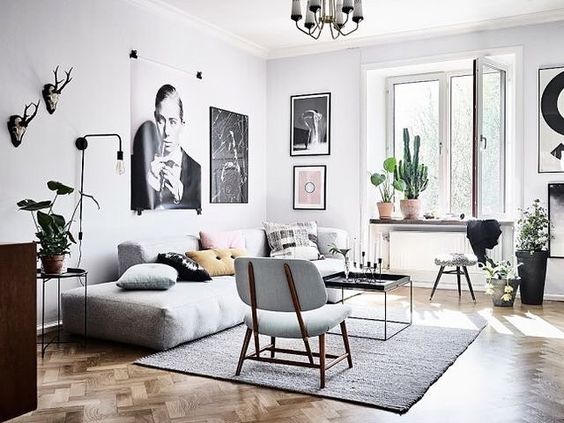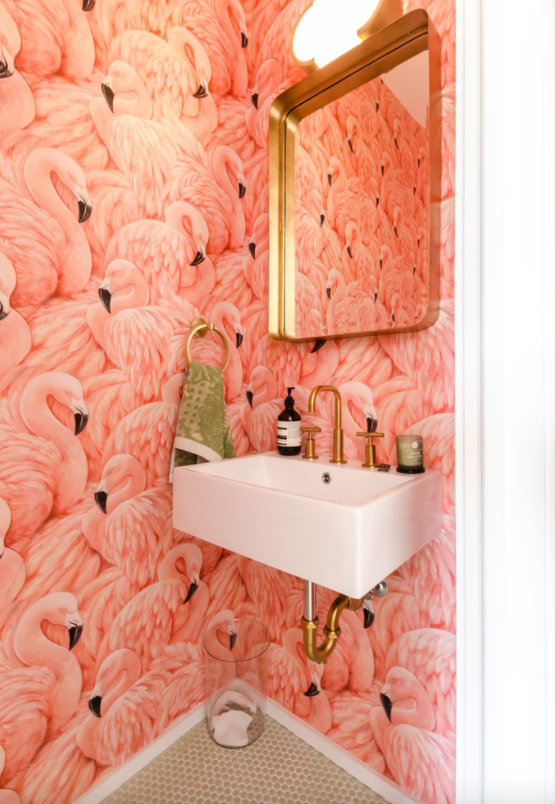How to Make Your Bedroom as Healthy as Possible for Better Sleep

Make your bedroom the perfect place to sleep and get a good night’s rest. Here’s how!
 Photos By: Unsplash
Photos By: Unsplash
Most people spend about a third of their lives asleep. This means you spend about a third of your life in your bedroom. But have you ever considered how healthy your bedroom is? If you’re struggling to get enough rest or wake up feeling tired, sore, and grumpy, it might be time to give your sleeping space a health checkup.
Why A Healthy Bedroom Matters
Getting enough sleep is vital to your physical and emotional well-being. Multiple external factors can influence how much sleep you get, including stress, your diet, and medications you take. However, your sleep environment also influences your sleep quality. Everything from the room temperature to how much light comes into the comfort and cleanliness of your mattress can make a difference to your sleep patterns. Take, for example, the influence of light on sleep. Your internal clock, also known as your Circadian rhythm, is largely controlled by your exposure to light. Absorbing light through our eyes triggers the natural waking response, whereas darkness can trigger sleepiness. This is why doctors and sleep experts caution against using electronic devices before bed, or when you awaken in the night: Blue light, the kind emitted by electronics, is especially disruptive to Circadian rhythms and can keep you awake. Getting rid of the TV in your bedroom, putting your devices away before bed, and resisting the temptation to scroll Instagram when you can’t sleep, is just one step toward a healthier sleep space, though.
Creating a Healthy Sanctuary
So how can you make your bedroom more conducive to sleep? From your mattress to your decor, here’s how to create a healthy sleep sanctuary.

Your Mattress
If you’ve been sleeping on your mattress for longer than seven years, it’s time to start shopping for a new one. Not only are older mattresses less likely to be supportive, causing pain and discomfort, you might be surprised (or horrified) by what’s hiding under the covers. Dust mites (and their droppings), bacteria, pet dander, dust, and dried sweat are all hiding in your mattress, which can contribute to allergies and affect your breathing at night. While you’re shopping for a new bed, don’t overlook organic mattresses. Made from certified organic materials, including latex, cotton, and wool, these mattresses offer the same comfort and support as a traditional mattress without the harsh chemicals that can trigger allergic reactions or illness. Organic latex mattresses, for instance, are naturally resistant to dust mites and microbes, helping you breathe easier.
Your Bedding
Be honest … when was the last time you washed your bedding? Ideally, you should wash your sheets every 1-2 weeks, and other bedding (duvets, blankets, etc.) monthly. This helps keep dust mites and bacteria at bay, and it just feels better to sleep on clean sheets. Don’t forget to wash your pillows occasionally as well. Like your mattress, it may be better to choose pillows and blankets made of organic materials. You can find pillows filled with organic cotton or buckwheat hulls. If your sheets and blankets are scratchy or uncomfortable, it can keep you awake at night. Invest in the best quality sheets and bedding you can afford. Choose organic cotton or linen, which are naturally hypoallergenic and will help you better regulate your temperature while you sleep.
Some fabrics naturally wick moisture away from the body, which means they can easily absorb moisture to help keep you comfortable. These fabrics include bamboo, cotton, wool, and linen. While you don’t have to buy the most expensive bed sheet available, try something that feels great against your skin. If you live somewhere with changing seasons, use different bedding materials to keep you comfortable.

Ditch Electronics
Related to optimizing your sleeping environment and as mentioned earlier, you’d have to give up electronics that will hinder the quality of your sleep. For example, even if some people like to relax by watching TV, it’s best to avoid having a television in your bedroom. The sound and motion may stimulate the brain while the light coming from it may hinder your body’s biological clock from properly regulating sleep.
Place your television in the living room or if this isn’t possible, turn it off 30 minutes to an hour before bedtime. Instead of watching TV, you may choose other less stimulating activities such as light stretching, reading, or taking a bath, which can all promote relaxation.
Other electronics such as your phone, laptop, or tablet should also be treated the same. Activities such as checking social media or your emails may induce stress or trigger negative feelings. Thus, it’s best to keep devices out of reach during bedtime.
Sleep Environment
Speaking of temperature, the ideal temperature for sleep is about 65 degrees. If necessary, use a small fan to keep your room cool. A fan can also provide white noise that will help you sleep. A dark room is also vital to healthy sleep. Hang blackout curtains to block street lights and traffic. If you’re concerned about safety if you wake in the night, place a small, dim touch light next to your bed. Again, you want to avoid bright light in the middle of the night, so keep a dim light in the bathroom so you don’t turn on bright overhead lights when you use the bathroom at midnight.
Clean Your Room
Research indicates that a clean, uncluttered space is more conducive to sleep than one where you have to clear away books, clothing, and other detritus to make room for rest. In fact, among those diagnosed as hoarders, the prevalence of sleep disorder was much higher than average. A cluttered space can affect your sleep in multiple ways. For starters, skipping regular dusting and vacuuming can increase the prevalence of dust and allergens, causing unpleasant allergic reactions. But on a psychological level, a messy space can increase anxiety, leaving you feeling unsettled and worried before bed. Too much mess can also be a reminder of things you haven’t gotten done (like the clothing covering the workout equipment) and keep you awake with feelings of guilt or overwhelm.
The solution? Reorganize and tidy up. Remove items that don’t belong in your bedroom, clear out the clutter, and create a clean, neat and organized space. Not only will you sleep better, but you’ll be able to find things you need when you need them and feel more in control of your life overall. And that, ultimately, can help you rest well.







Leave a Comment